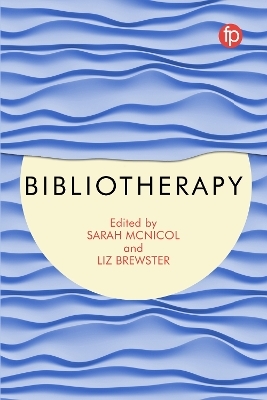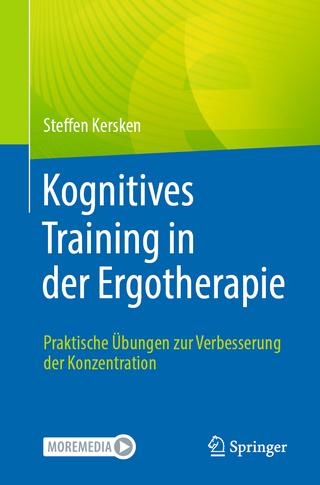
Bibliotherapy
Facet Publishing (Verlag)
978-1-78330-341-0 (ISBN)
The basic premise of bibliotherapy is that information, guidance, wellbeing and solace can be found through reading. This book draws on the latest international practical and theoretical developments in bibliotherapy to explore how librarians, healthcare providers and arts organizations can best support the health and wellbeing of their communities.
There is no standard approach to bibliotherapy. This book considers how different theories apply to different types of bibliotherapy, using case studies to illustrate how particular approaches can be used across a broad range of settings and with a variety of user groups. By focusing on the theoretical basis and history of bibliotherapy, as well as current practice, it helps to identify areas in which bibliotherapy could grow as a field of study and of practice.
Bibliotherapy programmes using books to support good mental health are found around the world. The editors and their contributors present examples from public libraries, academic libraries and healthcare settings internationally – including the UK, North and South America, and Australasia. Collaboration and diversity are key themes: engaging in bibliotherapy offers librarians key opportunities to collaborate with partners outside the profession, while engaging with more diverse audiences.
The book will be of interest not only to researchers and theorists, but equally to those managing bibliotherapy programmes in health, public and academic libraries. It will also be very useful for healthcare providers and those with an interest in wellbeing more generally.
Sarah McNicol is a Research Associate at the Education and Social Research Institute, Manchester Metropolitan University. She has worked as an Information Studies researcher since 2000 and she previously worked as a school librarian. At present, much of her research is focused around the use of graphic comics and novels to explore a range of issues, in particular health and wellbeing. Liz Brewster is a Lecturer at Lancaster Medical School, Lancaster University. Her research focuses on experiences of mental health and wellbeing, particularly how creative activities such as reading may affect mental health. She has previously worked in academic and public libraries.
Part I: History and theory of bibliotherapy 1. Bibliotherapy: a critical history - Liz Brewster 2. Theories of bibliotherapy - Sarah McNicol 3. Bibliotherapy, illness narratives and narrative medicine - Liz Brewster
4. Bibliotherapy and graphic medicine - Sarah McNicolPart II: Bibliotherapy case studies 5. Read to Connect: Reading to combat loneliness and promote resilience - Natalia Tukhareli 6. Long term impacts of bibliotherapy groups: reading and writing together - Fiona Bailey 7. The benefits of shared reading groups for those at risk of homelessness - Susan McLaine and Elizabeth Mackenzie 8. Developing a reading group service for an older adult functional psychiatric in-patient ward - David Chamberlain 9. Bibliotherapy in Uruguay: a case study of the Mario Benedetti library for patients dealing with substance abuse - Cristina Deberti Martins (translated by Sarah McNicol) 10. Adapting the Books on Prescription model for people living with dementia and their carers - Rosie May Walworth 11. Engaging young people in bibliotherapy and reading for wellbeing - Rosie May Walworth 12. Bibliotherapy Read Aloud groups with native and non-native speakers - Kate Gielgud 13. Promoting student wellbeing through a student success collection - Elena Azadbakht and Tracy Englert
| Erscheinungsdatum | 24.09.2018 |
|---|---|
| Verlagsort | London |
| Sprache | englisch |
| Maße | 156 x 234 mm |
| Themenwelt | Medizin / Pharmazie ► Physiotherapie / Ergotherapie ► Ergotherapie |
| Sozialwissenschaften ► Kommunikation / Medien ► Buchhandel / Bibliothekswesen | |
| ISBN-10 | 1-78330-341-7 / 1783303417 |
| ISBN-13 | 978-1-78330-341-0 / 9781783303410 |
| Zustand | Neuware |
| Haben Sie eine Frage zum Produkt? |
aus dem Bereich


